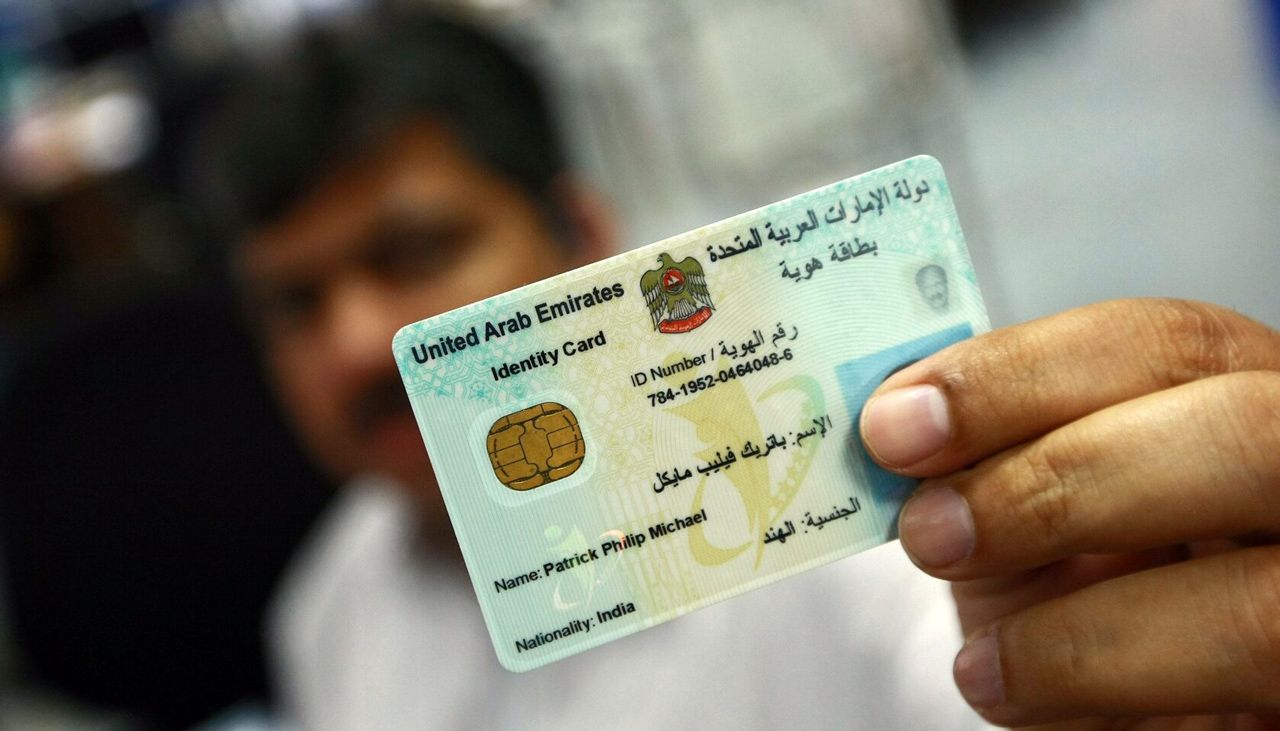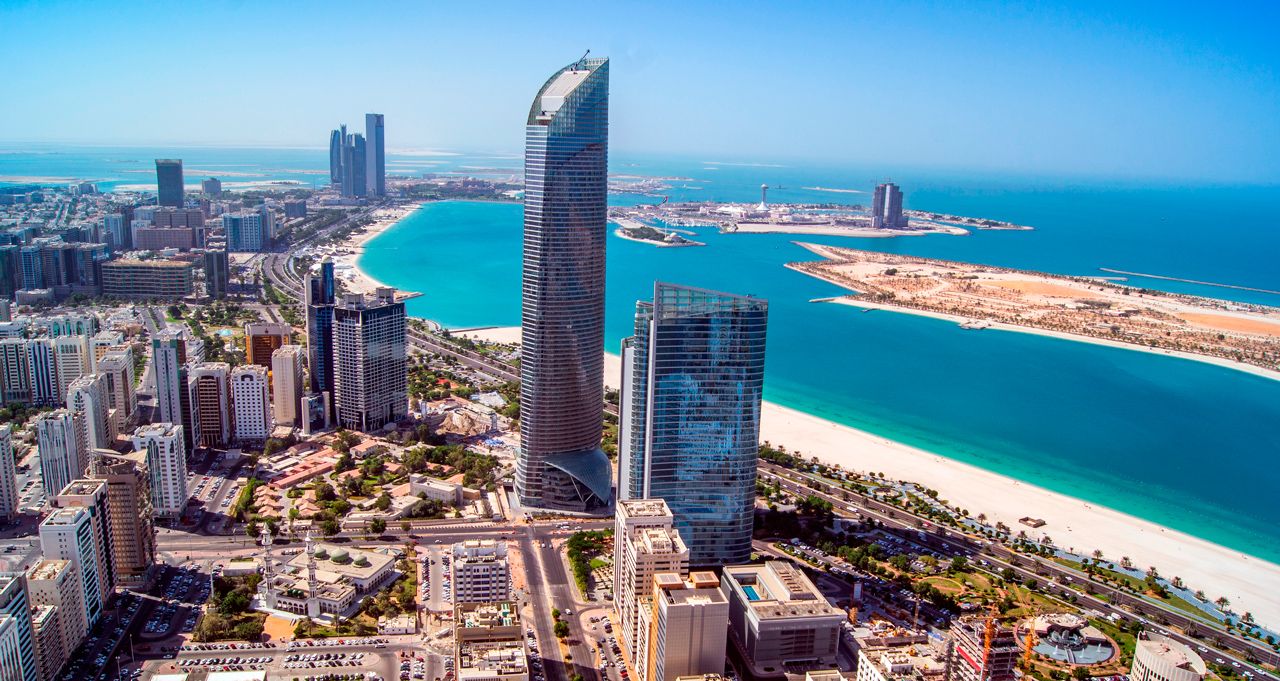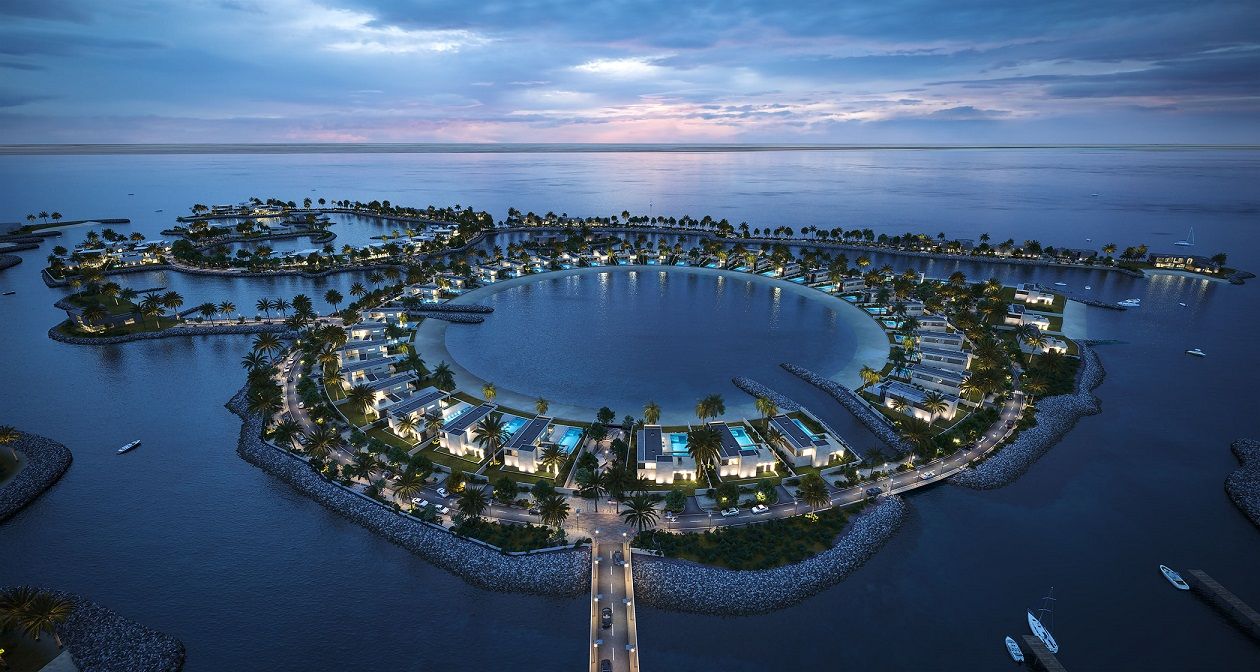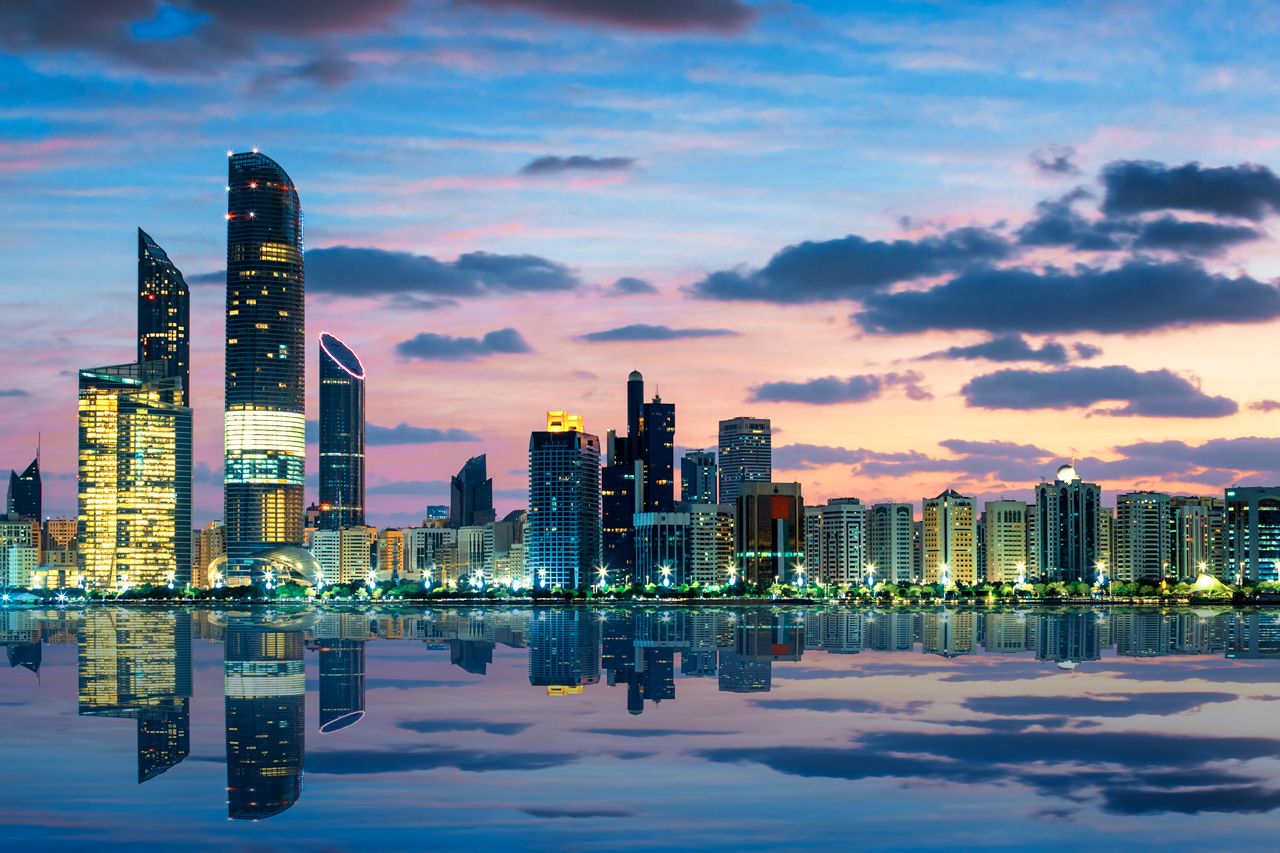Holidays in the UAE 2024 & 2025


Hudayriyat Island - a new unique project in Abu Dhabi


Starting price
Payment Plan
Bloom Living Seville - a premium project by Bloom Properties


Payment Plan
Eagle Hills launches a new phase of the luxury project - Ramhan Island
The UAE’s calendar is rich in holidays and they are spread throughout the year to mark religious, historical and special events. Since the Emirates is a highly religious Muslim nation, the Islamic celebrations outnumber other civil occasions and play a very important role in society. The dates for these days are calculated on the lunar calendar or the Hijri calendar, which is specified by the moon sighting and varies from year to year. Islamic traditions use their own methods to define moon phases, so certain dates may be announced one day earlier or later. As well as the above, secular holidays and international days have fixed dates upon the Gregorian calendar.
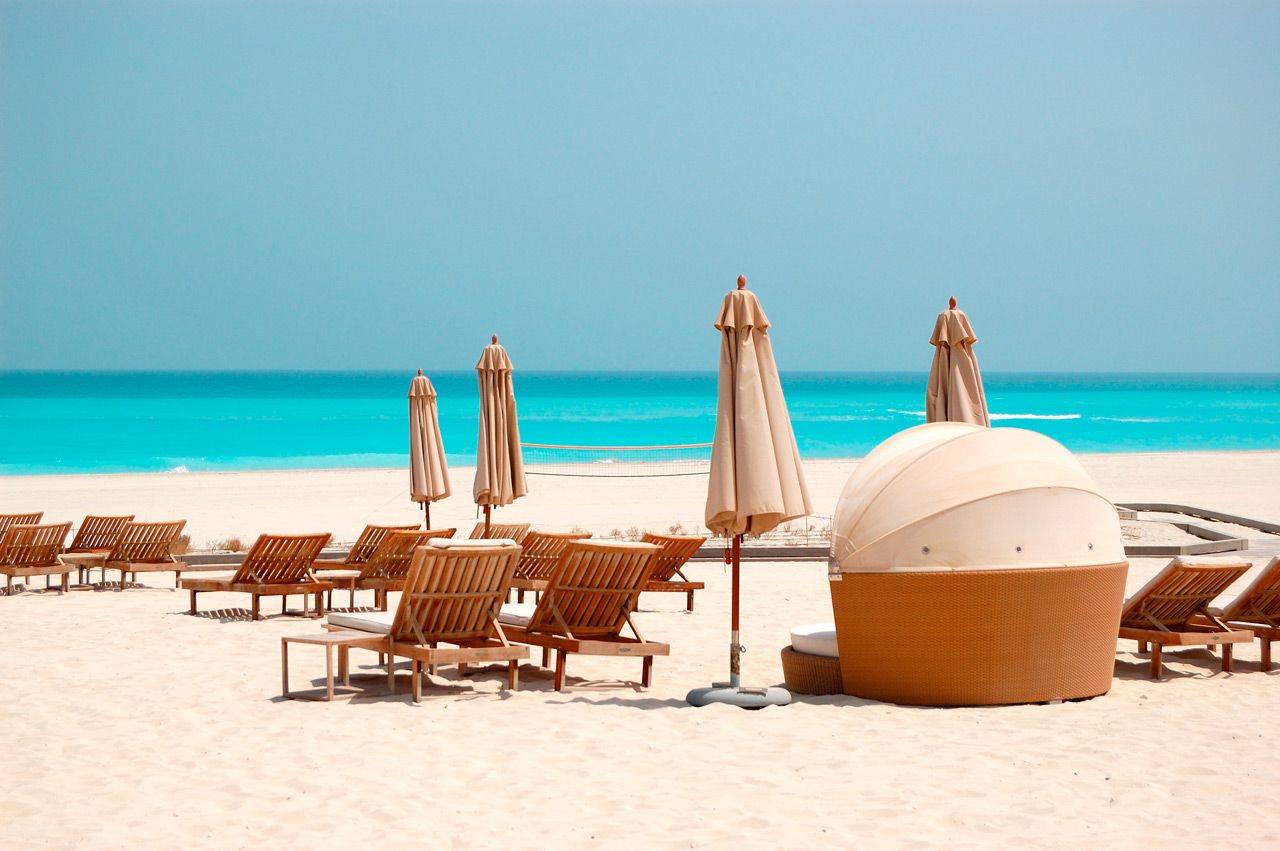
Public holidays, also known as “bank holidays” normally involve a day off, which is paid and not included in an employee’s annual leave. All public departments, institutions and ministries are closed on such days. On the days prior to major celebrations shopping malls and public transport tend to have extended hours of operation as they expect more visitors. In some cases, the UAE applies a weekend postponement if the holiday falls on a weekend (Friday or Saturday).
It is important to understand that the list of official holidays may vary from year to year. During 2020 the Government decided to energize the economy which suffered from the global pandemic, and reduce the number of day-offs for the next holiday calendars. To stay up-to-date with long weekends and national holidays, or to plan your own trip to the UAE, you may refer to our guide on public holidays in Dubai for 2024 & 2025.
Introduction to the Holiday Calendar in the UAE
The Emirates use both Gregorian and Islamic calendars. The Gregorian calendar is adopted by the majority of countries worldwide (168), except five: Afghanistan, Iran, Ethiopia, Eritrea, Nepal. The UAE is among 18 nations that apply Gregorian chronology along with a historically used system. For the UAE it is Lunar Hijri.
As a de facto international standard, the Gregorian calendar is used for civil, official and administrative purposes, and public and private sectors use it in daily operations. So that rents, wages and similar regular commitments are normally paid according to the civil calendar.
The Hijri system specifies the dates for Islamic holidays and timings for prayers (which are different for each and every city). Along with this, it also marks the beginning of such significant events, like Ramadan and the Hajj season.
Hijri Calendar
The Hijri calendar was adopted in 622 AD by the decision of the ruler Khalifa Umar ibn al-Khattab. This was the year of the Prophet migration — Hijri, which essentially gave the name to the calendar. The Hijri year includes 12 months, which begin and end with the movement of the moon. The months consist of 29-30 days, but for the month of Dhu al-Hijjah, its length depends on a 30-year period of the moon’s movement around the Earth. Four of the months are perceived “sacred”; the rest of them are “non-sacred”.
Explanation of Islamic Holidays
Unlike Christianity, where there are around thirteen major holidays, Muslims have only two such significant celebrations: Eid al-Fitr and Eid al-Adha. As well as these, the observance of Ramadan is also very important, as is Arafah (Hajj) Day celebration, Prophet Muhammad’s Birthday and The Hijri New Year, which will all be discussed below.
Israa Wal Miraj
Israa Wal Miraj has not been specified as an official holiday in recent years and 2024 & 2025 is no exception. Still, it is a significant occasion in an Islamic tradition, since it marks the night when the God took Prophet Muhammad from Mecca to Jerusalem and then to heaven. This was also when the Prophet learnt from God about the duty of Muslims to pray 5 times a day.
At night, Muslims pray in specially decorated mosques or at home to seek blessings of Allah. Some worshippers keep fasting, which means on this occasion, bars and restaurants are prohibited to sell licensed beverages for 24 hours (dry night) and some stores and restaurants are closed. But generally, businesses have normal working hours.

Ramadan
Ramadan is the month of fasting and prayers for the entire Islamic world. Ramadan commemorates the 1st revelation of the holy Quran to the Prophet Muhammad. There are no specific celebrations or official days off but for many believers this period is like a holiday itself. During Ramadan, entertainment and fun activities are minimised, and as a show of respect nightclubs are closed and live music disappears from the restaurants, and some tourist attractions have reduced opening hours. Eating, drinking and smoking is prohibited within daylight, however tourists and non-residents can eat in restaurants or in hotels throughout the day.
Note: Over the past two years, Ramadan rules for foreigners have been considerably relaxed. Contrary to expectations, some catering establishments are open during daylight hours and are ready to host foreigners. Previously, the owners of many establishments had to obtain a license and to cover windows with screens if serving food, but from April 6 2021, the Department of Culture and Tourism of the Emirates has allowed tourist and hotel establishments to provide catering services to foreigners during Ramadan without installing screens and partitions. Similar changes have been adopted in Abu Dhabi.
Following tradition, in Abu Dhabi, Dubai and Sharjah cannons fire every day to signal prayer and iftar timings both after dawn and when Muslims are allowed to end their fast. The cannons are placed in several parts of the city so that everyone can hear, with the event drawing a lot of spectators on a daily basis.
In addition, during Ramadan the working hours of all employees of the private sector are reduced by 2 hours and public institutions also work under reduced working hours. As a rule the end of the school day for educational institutions is no later than 6pm. The exact hours of operation are set by each school on an individual basis. The opening hours of children’s playrooms and kindergartens may also be shortened.
Eid Al Fitr
Eid Al Fitr celebrates the end of fasting. In 2023 the event will last for 4 days. Worshippers attend mosques for communal prayers and listen to “khutba” sermons. It is common to give to charity in the form of food on this occasion and relatives gather for big family dinners. Non-residents and tourists should know that usually, the supermarkets are extremely overcrowded during these days because many people prepare in advance to cook hearty meals.
Eid Al Fitr is perceived as the best time for visiting the UAE, because almost all retail venues and entertainment centers offer awesome discounts during this holiday. Though, it can cause huge lines and crowds of visitors as well.
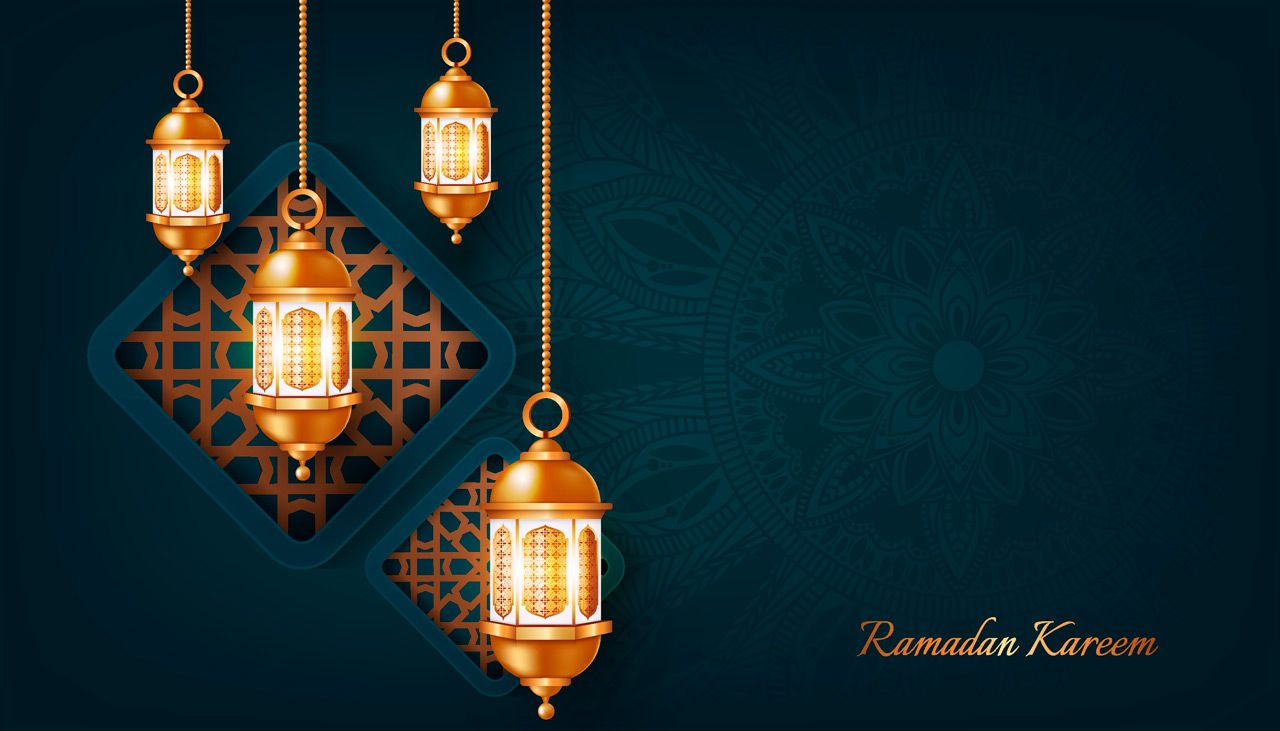
Arafah (Hajj) Day
Arafah (Hajj) Day is the 2nd day of pilgrimage to Mecca (Hajj). On this day pilgrims go from Mina to Arafat Hill and pray from noon till sunset. It was on this mount where Prophet Muhammad gave his last great sermon before his death. The authorities set this date as an official day-off in the UAE, when both the private and public sector don’t work.
On this day the “dry” period is applicable to bars and restaurants and live music is not allowed either. No big celebrations are organized, since it is believed that the best way for a faithful Muslim to spend this day is in prayer.
Eid Al Adha
Eid Al Adha is the Muslim festival of sacrifice, which celebrates the faith of Prophet Ibrahim. This holiday comes right after Arafah Day and comprises 3 non-working days. Along with Eid Al Fitr, Eid Al Adha is the central holiday in the Islamic culture. Both holidays similarly focus on family ties, the exchange of gifts and charity. Following the ancient tradition, closer to the event the Prime Minister even releases a certain number of prisoners, giving them a chance to begin a new life.
During this occasion, street festivals, fireworks and events for children are widely organized across the UAE. Cinemas and restaurants are fully packed and the malls are overcrowded as well, because retail outlets announce discounts and sales on their collections.
The Hijri New Year
The Hijri New Year is celebrated on the 1st day of the Islamic calendar month — Muharram. This is the only day-off concerning Islamic New Year. In 2024, Muslims will celebrate the beginning of the year 1445. This date celebrates the Prophet’s migration from Mecca to Medina. Foreigners, especially those raised in other cultures should understand the approach to Islamic New Year holiday is different: it is not correlated with public celebrations, it is preferably a time for reflection. Only recently Muslims have begun to exchange greeting cards wishing “Happy Hijri New Year” to mark the occasion.
Public places, hotels and bars are not allowed to distribute alcoholic beverages and host live performances of any kind during this time.
Prophet Muhammad’s Birthday
Prophet Muhammad’s birthday — Milad Un Nabi is yet another very important official holiday in the UAE. On this day, Muslims remember the tribute of the Prophet, his words and actions, that have become part of the Emirates’ ethics. Commonly, there are no special gaudies on this event, but there are lectures and thematic talks that are held for the youth.
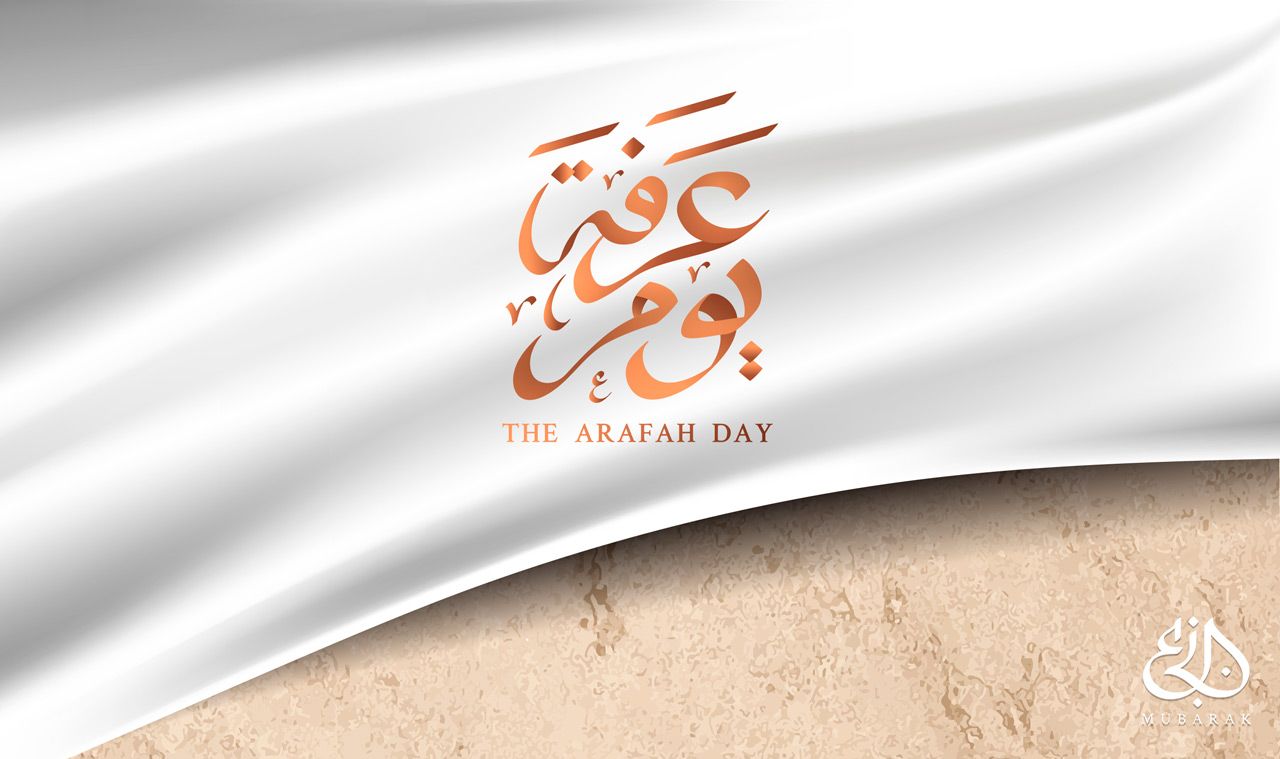
Official Civil Holidays
Along with religious occasions, the UAE has civil holidays. Next, we will look at the most significant civil holidays in the UAE.
Commemoration Day
Commemoration Day is the youngest holiday in the Emirates as it was only introduced in 2015. On this day the country remembers its heroes, who died defending national sovereignty. This holiday is not an official day off but is marked by special activities such as lowering national flags from 8 to 11am and a moment of silence, conducted at 11.30am and followed by the national anthem.
Interestingly, the UAE has not been involved in major wars or bloody conflicts and the number of deaths on battlefields is about a hundred people only — still the victims are not forgotten.
National Day
National Day is the main secular holiday and is celebrated under the theme of “Spirit of the Union” on a massive scale. Actually, this is the date of the start of federal unification of the emirates. It is announced as an official holiday, when both public and private enterprises are closed.
In each emirate, local corniche is always at the heart of public celebrations, carnivals, fireworks, and street performances. Often beaches turn into outdoor art galleries showcasing sand sculptures. The main festive activities take place in Abu Dhabi at Zayed Sports City Stadium. The capital also hosts a military parade and demonstrations of military forces.
Flag Day
Flag Day is a newly-introduced holiday in the UAE as well. It was established in 2013 to honour the country’s past, present and future. At present, it is not an official day off. On this day it is customary to display the flag of the United Arab Emirates with flag-raising ceremonies usually held at 11am. In Abu Dhabi, the flag-raising takes place at the flagpole behind the Heritage Village. In Dubai the same thing happens at the flagpole at the Etihad Museum.
Other Things to Know about the UAE’s Lifestyle
Friday is a very special day in the Islamic calendar. It is a free day for public and private sectors. The working hours of establishments change and some stores are closed. It is a time for worship and family. Before 2005 the official weekend had included Thursday and Friday, however in order to have more days in common with the working week in the west, it was decided to move these days to Friday and Saturday instead.
Another notable fact is that the UAE does not apply daylight saving time changes, which means the clock remains the same all-year-round. The country follows Gulf standard time.
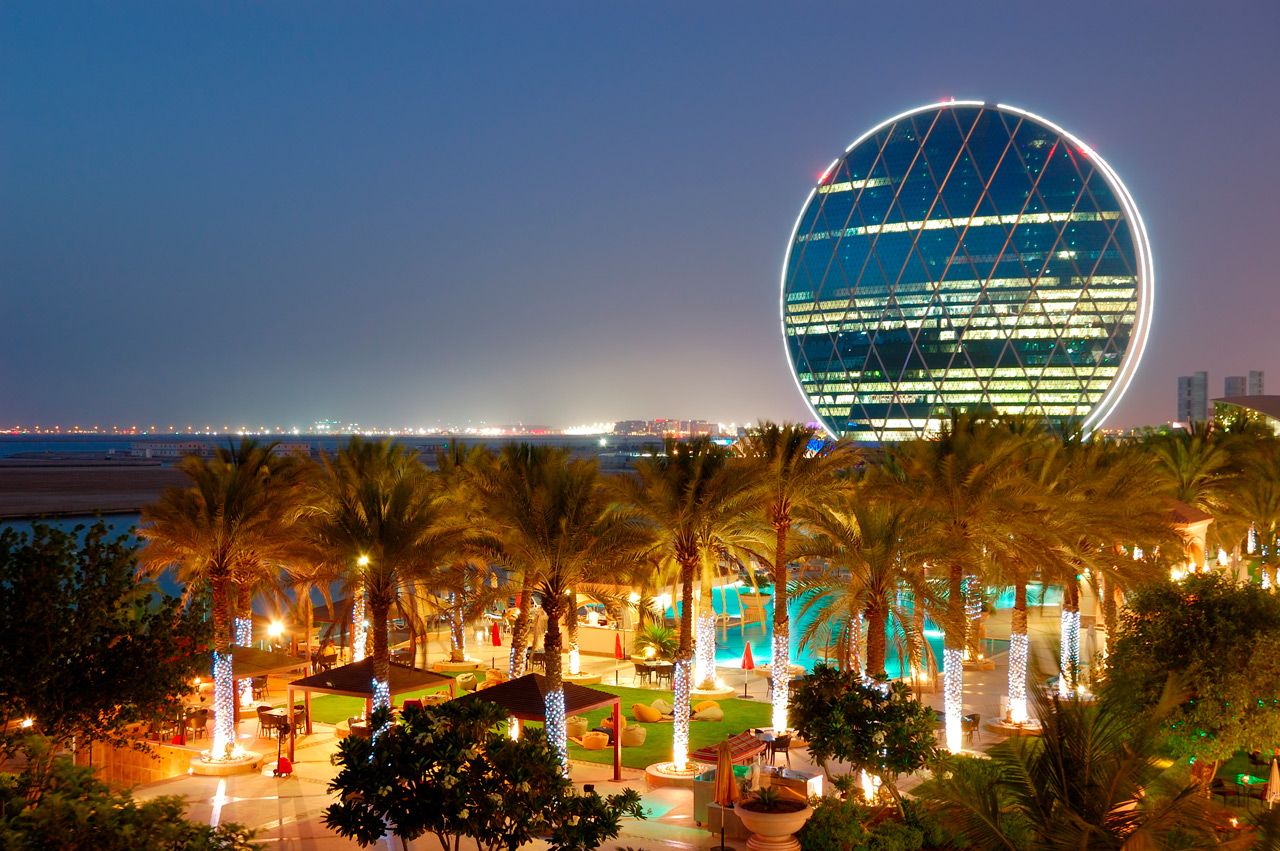
Public Holidays in the UAE in 2024
The United Arab Emirates has several major national holidays for the private and public sectors. In 2024, tentative dates for the following holidays are provided:
- New Year (Gregorian calendar) — January 1
- Eid Al Fitr — April 9
- Arafah (Hajj) Day — June 15
- Eid Al Adha (Feast of Sacrifice) — June 16-18 (3 days)
- Hijri New Year (Islamic New Year) — July 7
- Prophet Mohammed’s birthday — September 15
- Commemoration Day (formerly called Martyr’s Day) — December 1
- National Day — December 2,3 (2 days)
These are the national public holiday days, when businesses, schools and banks do not work across the UAE.
Important Dates in the UAE in 2024
Along with traditional celebrations, the UAE has adopted some international holidays too, such as the Western New Year, Mother’s Day and Father’s Day. Notably, the dates for the latter ones vary from country to country.
Below is a rundown of the events, which have cultural and social significance, though they do not suppose officially approved days off.
- Israa Wal Miraj — February 7
- Mother’s Day — March 21
- Start of Ramadan — March 11
- Father’s Day — June 21
- Beginning of Hajj season — June 8
- Flag Day — November 3

Public Holidays in the UAE in 2025
Unlike civil holidays, Islamic celebrations are subject to change according to the moon sightings. Currently, the tentative dates of the official holidays are as follows:
- New Year (Gregorian calendar) — January 1
- Eid Al Fitr — March 31 – April 2 (three days)
- Arafah Day (Hajj) — June 6
- Eid Al Adha (Feast of Sacrifice) — June 7-8 (two days)
- Hijri New Year (Islamic New Year) — June 27
- Prophet Mohammed’s birthday — September 5
- Commemoration Day (formerly called Martyr’s Day) — November 30
- National Day — December 2,3 (2 days)
Important dates in the UAE in 2025
- Israa Wal Miraj — January 27
- Mother’s Day — March 21
- Start of Ramadan — March 1
- Father’s Day — June 21
- Beginning of Hajj season — March 29
- Flag Day — November 3
School Holidays
In 2020 the Ministry of Education had announced academic holidays for the next 3 years, so that families with children can plan their vacations, etc. accordingly beforehand. Notably, the rules are equally mandatory for both public and private schools.
The 2023-24 school year in the UAE began on Aug. 30, and the 2024-25 school year will start on Sept. 1.

As per MoE recommendations, summer break must be no longer than 8 weeks, regardless of the curriculum adopted.
Along with scholars, teaching staff receive a 2-week vacation during the winter break and about 6 weeks during the summer break.
Private schools, which start their academic year in April, have a different schedule for vacations: summer break lasts from July 4 until August 29, winter break — from December 12 until January 2, with the end of academic year on March 13.
Interesting this article?
Subscribe to receive news


